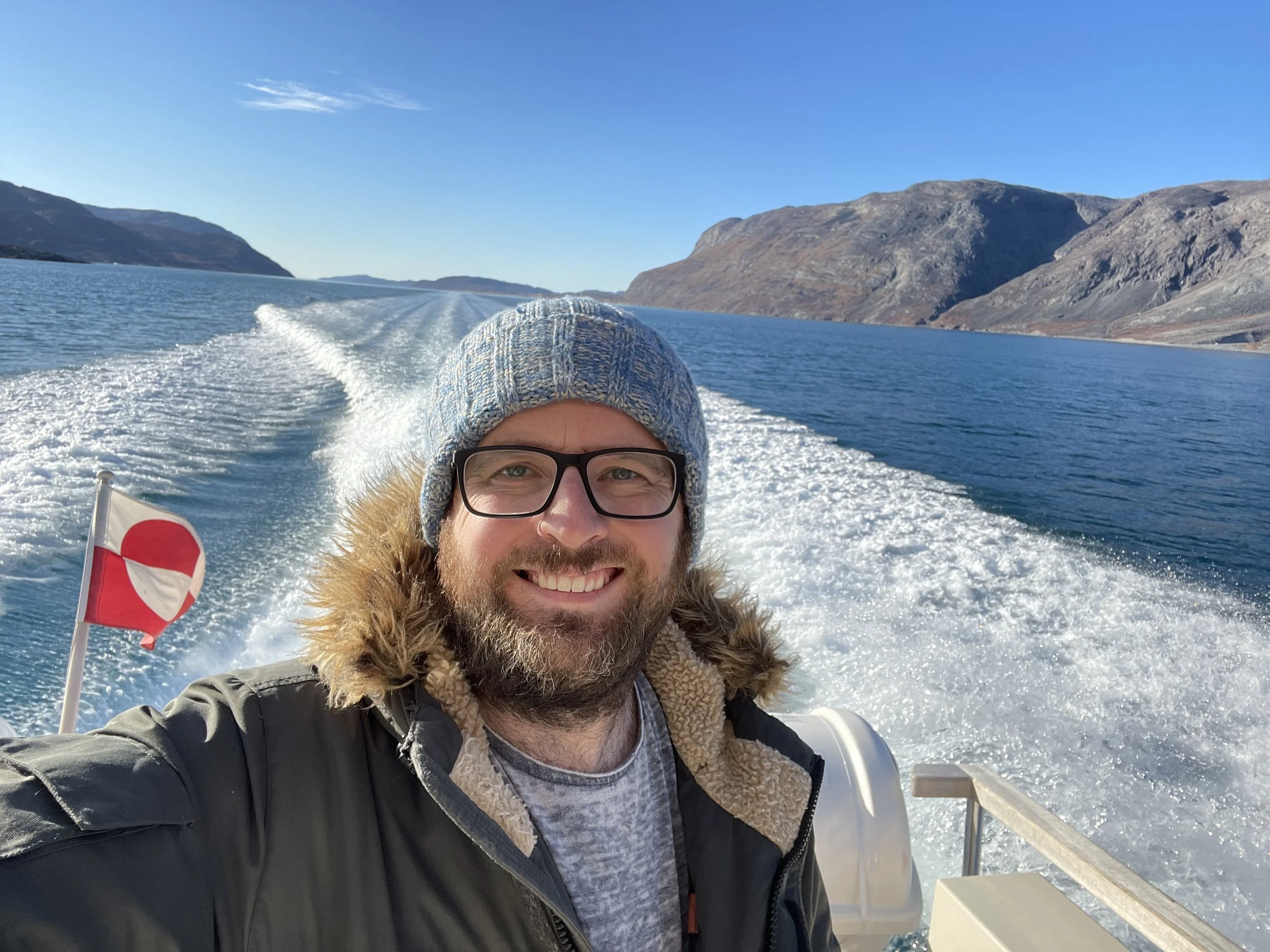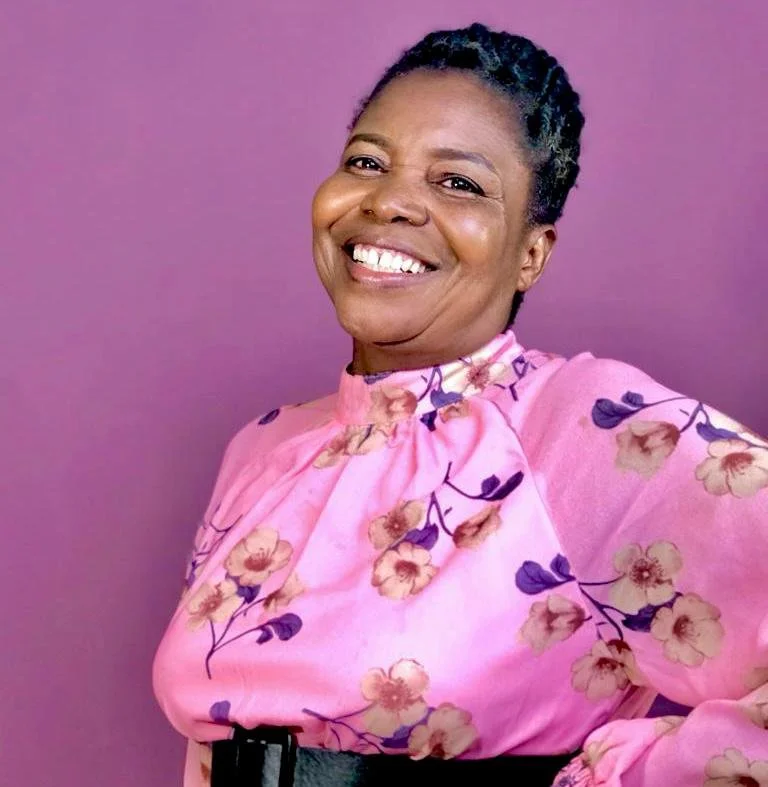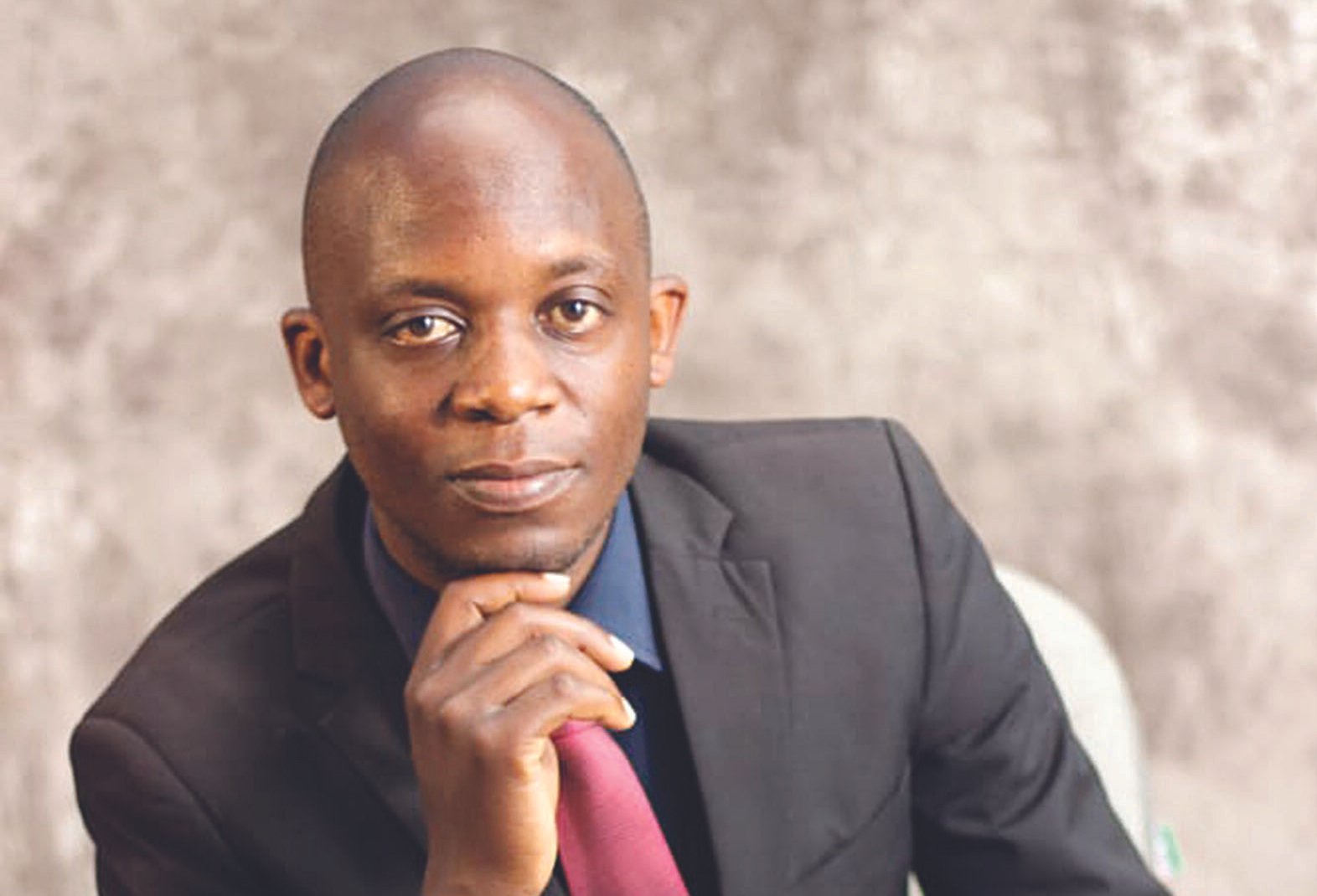The Research Team
Zane Griffin Talley Cooper
Zane Griffin Talley Cooper is a PhD Candidate at the Annenberg School for Communication at the University of Pennsylvania, and a Doctoral Fellow at the Center for Advanced Research on Global Communication. His research broadly concerns the intersections and relations between data infrastructures, energy production, and resource extraction in the Arctic. A multimodal scholar with a passion for sustainability, he has held positions at Intel, the Civic Software Foundation, and the McHarg Center for Urbanism and Ecology, where, in various capacities, he has explored the nexus of technology and environmental justice. His work has found its way into journals, art exhibits, design projects, film festivals, and he is the Co-Principal Investigator of Geographies of Digital Wasting: Electronic Waste From Mine to Discard and Back Again, a global grant project funded by the Internet Society Foundation. Cooper holds an M.A. in History from California State University San Marcos and a B.F.A. in Film Studies from the University of Colorado Boulder.
Lauren E. Bridges
Lauren E. Bridges is a fellow at the Berkman Klein Center for Internet & Society at Harvard University and from Fall 2024, she will be Assistant Professor of Media Studies at the University of Virginia. Bridges researches the social and environmental impacts of big data infrastructures, with a focus on “the cloud” and the kinds of surveillance regimes, labor relations, and environmental impacts it makes possible and obscures. She has published in New Media & Society, Big Data & Society, Information, Communication & Society, and is co-PI a multinational research grant from the Internet Society Foundation (ISOC) that traces the global flows of e-waste throughout the tech supply chain. Bridges received her PhD from the Annenberg School for Communication at the University of Pennsylvania.
Ingrid Burrington
Ingrid Burrington writes, makes maps, and tells jokes about places, politics, and the weird feelings people have about both. Much of her work focuses on mapping, documenting, and studying the often-overlooked or occluded landscapes of the internet (and the ways in which the entire planet has become, in effect, a “landscape of the internet”). Her writing has appeared in The Atlantic, The Nation, Popula, e-flux journal, and other outlets. She is also the author of the book Networks of New York: An Illustrated Field Guide to Urban Internet Infrastructure. Ingrid has previously taught at Rhode Island School of Design, the Cooper Union, and the School for Poetic Computation. Her work has been supported previously by Eyebeam, Data & Society Research Institute, the Studio for Creative Inquiry, and the Center for Land Use Interpretation.
Ann Chen
Ann Chen is an interdisciplinary artist and researcher making work that reflects upon environment, ecology, technology, diaspora and colonialism. She is presently a research affiliate at the Center for Advanced Research in Global Communication (CARGC) at the Annenberg School for Communication at the University of Pennsylvania where she is studying systems of environmental hazards, waste and wasted labor of the semiconductor industry. This fall (2022), she will be an adjunct professor at NYU Tisch’s Low-Residency MFA in Interactive Media Arts and a resident artist at Culturehub (NYC) working in collaboration on a VR and sound installation about Asian diasporic communities.
Ann has been in residence at the Rebuild Foundation, UnionDocs, Recess Art, Freeport Institute and China Residencies. She received the inaugural Fulbright-National Geographic Digital Storytelling Fellowship (2014-15) in Canada where she was a Visiting Research Fellow at the University of Alberta in the English and Film Studies Department documenting a proposed oil pipeline in Alberta and British Columbia. She also received a Fulbright-Canada Eco Leadership Grant (2016) to lead mapping workshops for youth in collaboration with Saulteau First Nations. She was an Assistant Arts Professor in Interactive Media Art (2017-20) and Executive Director at Triangle Arts Association (2004-06). Her writing has appeared in The New York Times, Logic Magazine, mouth2mouth and the National Geographic Newsroom. She is a member of the research collective The Nomadic Department of the Interior (NDOI).
Vusumuzi Maphosa
Dr. Vusumuzi Maphosa is the Information and Communication Technology Department Director at the National University of Science and Technology, Zimbabwe. He has published book chapters, peer-reviewed journal articles and conference presentation posters. Vusumuzi is co-PI a multinational research grant from the Internet Society Foundation (ISOC) that focuses on discard challenges affecting the Global South. Vusumuzi’s research covers transformative technological concepts, including ICT4D, educational technology, Industry 4.0, data mining, artificial intelligence, semantic webs and e-governance.
https://scholar.google.com/citations?user=-Mhgc7cAAAAJ&hl=en
Margaret Macherera
Dr. Margaret Macherera is a Senior Lecturer at Lupane State University, Zimbabwe. She has published book chapters, peer-reviewed journal articles and conference presentations. Margaret has a background in environmental health focusing on how the environment affects human health. She has extensive field experience in Environmental Health, having worked for the Ministry of Health in Zimbabwe for more than 13 years. She holds a PhD in Public Health from the University of Kwazulu Natal in South Africa and a Master of International Health from the Copenhagen University. Margaret‘s research interest is mainly in issues to do with public heath which includes water sanitation and hygiene, waste management, food safety, One Health and disease control. Margaret has developed several graduate programmes for the National University of Science and Technology in Zimbabwe and also Lupane State University. Currently she is a researcher with a multinational research grant from the Internet Society Foundation (ISOC) that focuses on discard challenges affecting the Global South.
David Zezai
David is a doctoral research fellow at the University of KwaZulu Natal’s Centre for Rural Health where he is pursuing a health systems strengthening project in South Africa. He has broad expertise in both quantitative and qualitative research. David holds an MSc degree in Biostatistics & Epidemiology, BSc (Hons) Biological Sciences, various post-graduate diplomas; business administration, project management, and HIV/AIDS management, and an array of certificates in fundamentals of global health research. David has contributed to a number of projects with institutions such as Zimbabwe Youth SDGs, Global health 50/50, World Health Organisation, UNDP, UN Women, National Blood Service Zimbabwe, Internet Society, and Jointed Hands Welfare Organisation. He is also a passionate advocate for sustainable development goals and is optimistic about a gender-just and disease-free society. Through multiple peer reviewed publications, David has made considerable contribution to literature in the public health and electronic waste ecosystems. David is a Co-Investigator of a multinational research grant from the Internet Society Foundation (ISOC) that traces the global flows of e-waste throughout the tech supply chain where he was looking at e-waste discard as it pertains to Low and Middle Income economies with a particular focus on Zimbabwe.
Jasper Mangwana
Bio forthcoming!
Shubhra Goel
Exhibit Designer & Curator
Bio forthcoming!










